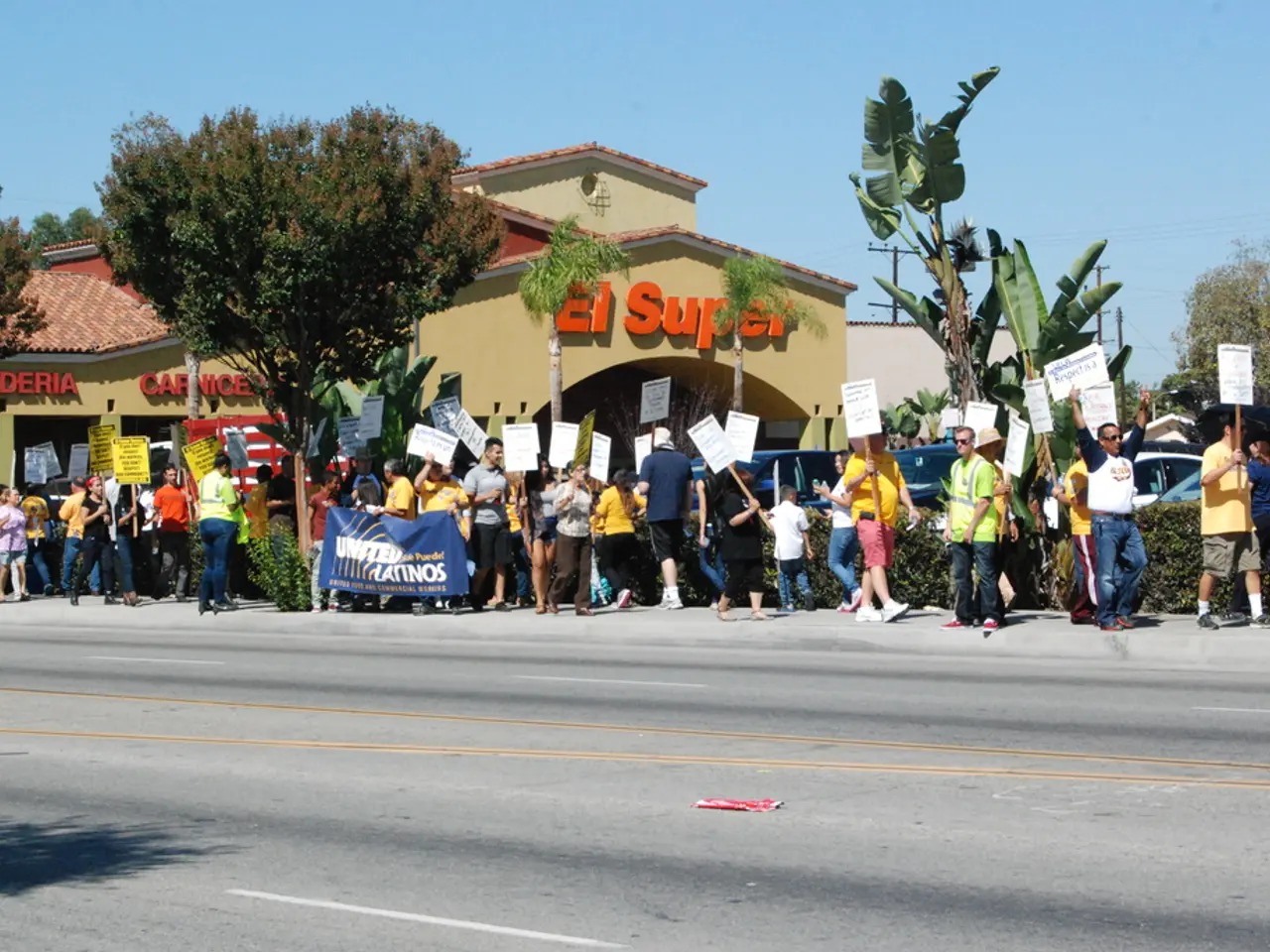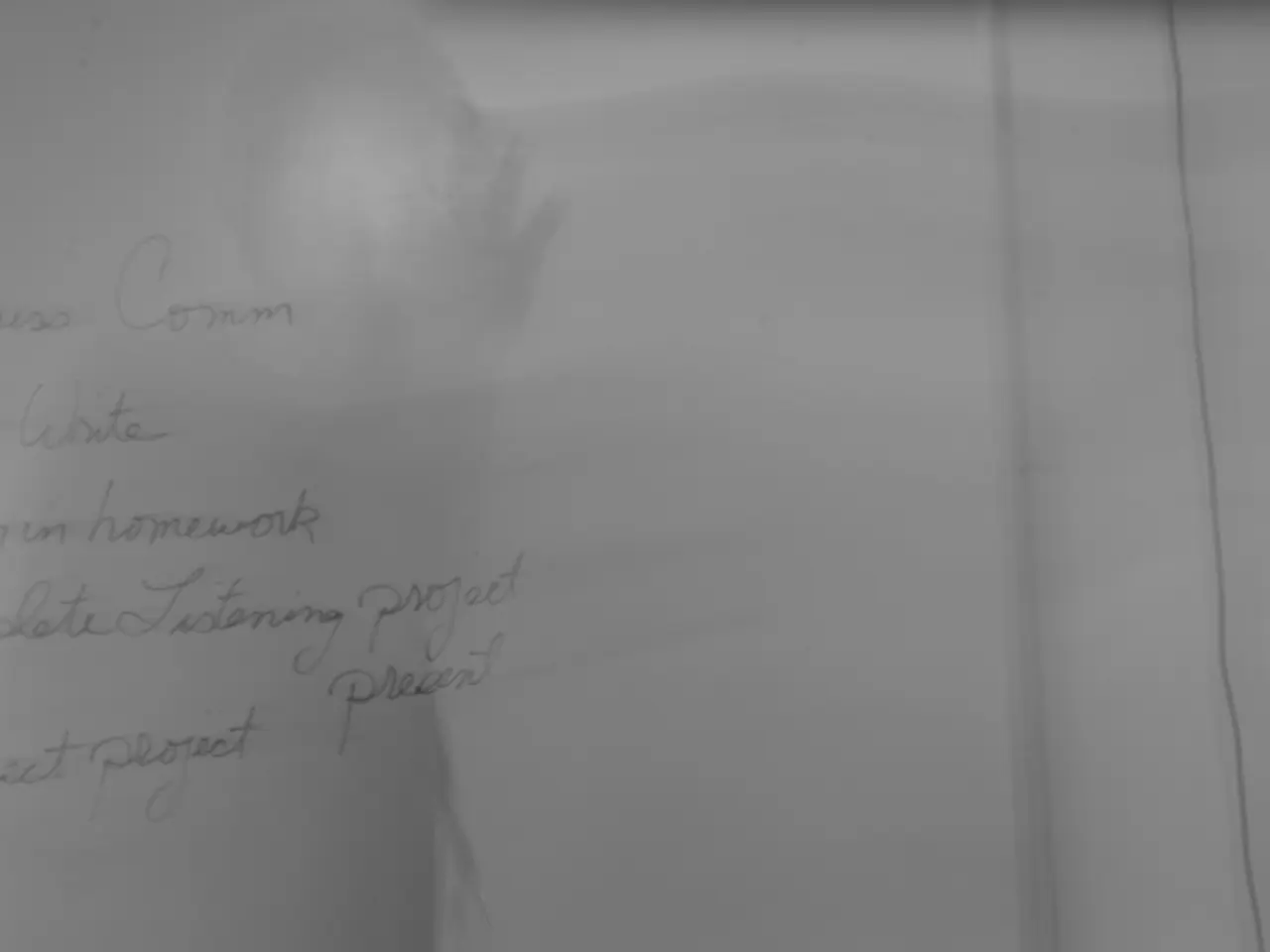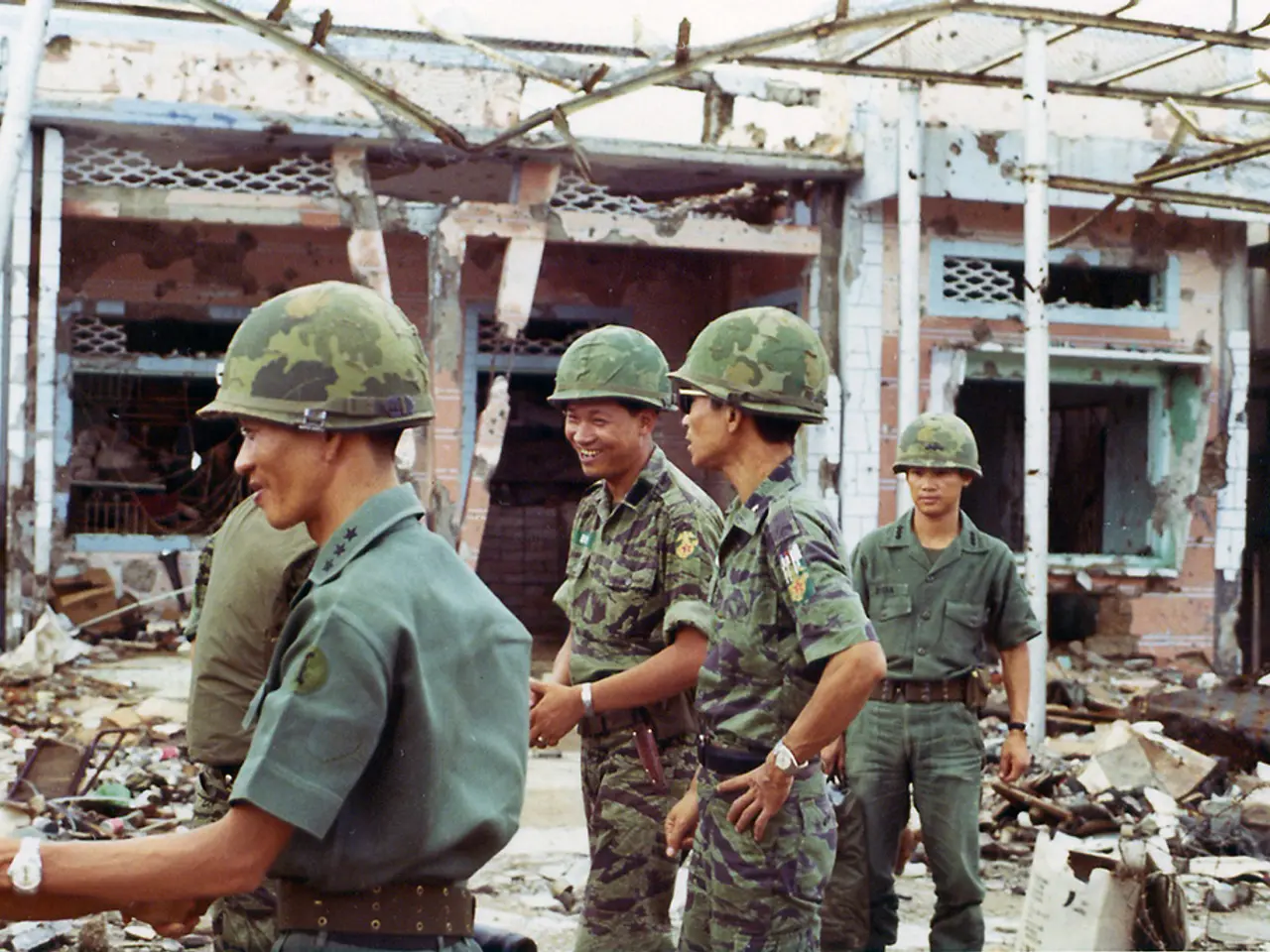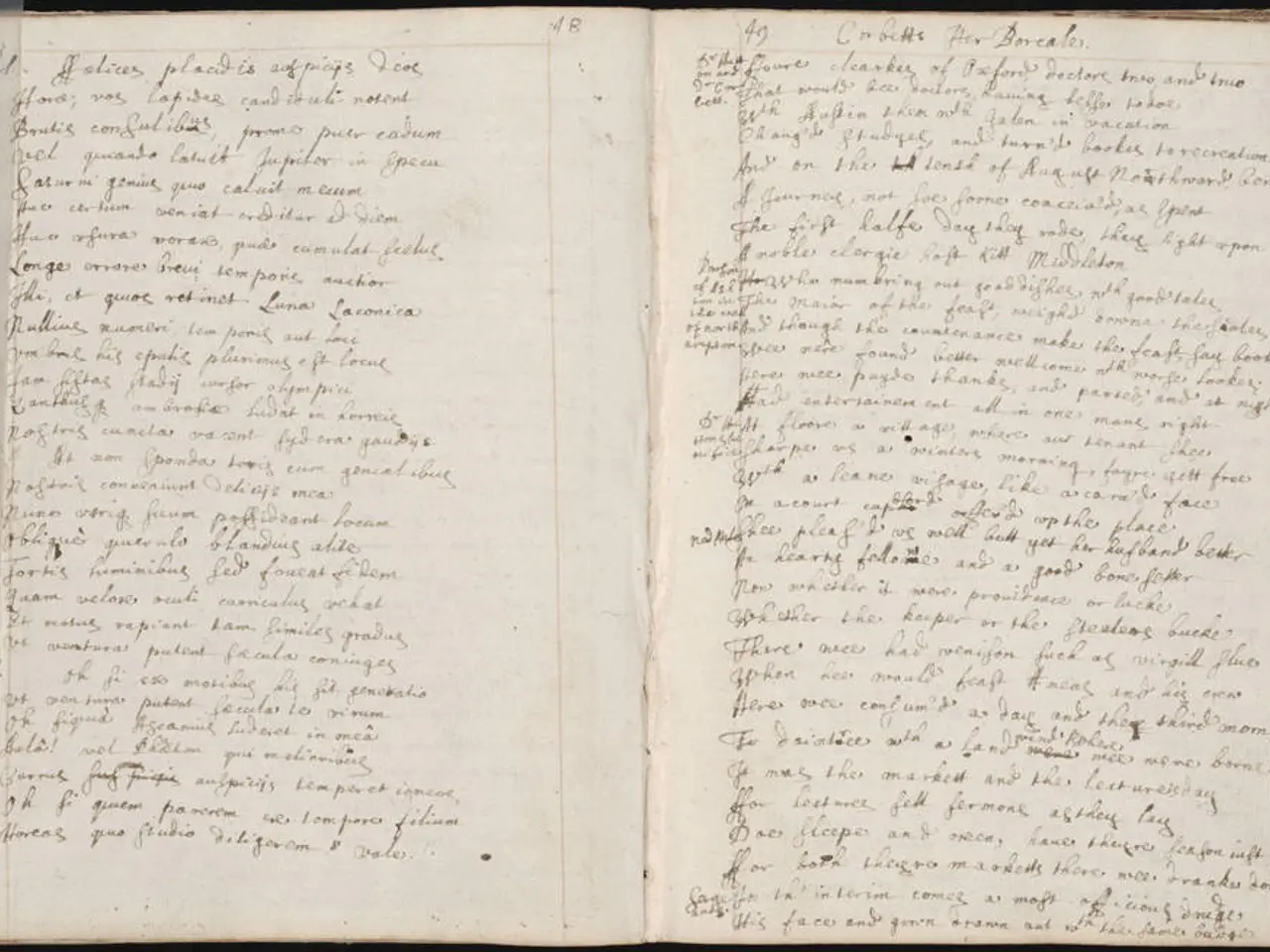Sudan Faces Potential Division Due to Rival Government Conflict
=============================================================================
The civil war in Sudan, which began in April 2023, continues to ravage the country, causing a significant humanitarian crisis and the emergence of rival governments. This conflict is primarily between the Sudanese Armed Forces (SAF) and the paramilitary Rapid Support Forces (RSF), with each side controlling different parts of the country and allied with various other groups.
The RSF initially captured key regions, including much of the capital Khartoum, but since late 2024, the SAF has regained significant territory, including Khartoum and vital economic zones, with aid from Iranian and Russian weaponry and drone technology. In March 2025, the SAF recaptured the symbolic Presidential Palace in Khartoum.
The conflict has generated catastrophic humanitarian consequences. Over 12 million people have been displaced internally or as refugees abroad, creating the world’s largest and fastest displacement crisis. Civilians face widespread attacks, sexual violence, recruitment of child soldiers, and destruction of homes and villages. Both sides have heavily relied on militias often organized along ethnic and tribal lines, intensifying the conflict’s complexity and brutality.
On the political front, a rival “Government of Peace and Unity” has emerged based in Darfur, proclaimed by the RSF-led coalition to govern the territories under their control, pushing Sudan closer to potential disintegration. This rival government is not internationally recognized and is strongly rejected by Sudan’s internationally recognized government seated in Khartoum.
International actors are significantly involved in the conflict, notably by supplying weaponry to both sides—such as Iranian and Russian arms to the SAF—and through diplomatic failures in halting the fighting. Their indirect involvement has fueled rather than resolved the conflict, aggravating the humanitarian crisis. Sudan’s health care system and infrastructure have been devastated, and the war threatens economic collapse.
The African Union and the UN have both condemned the new government in Sudan, with the AU stating it would not recognize a "parallel government." The war in Sudan is causing the world's largest humanitarian and displacement crisis, with 12.0 million forcibly displaced due to the conflict since April 2023, including 7.7 million internally and 4.1 million in neighboring countries.
The war began due to a disagreement between Sudan's army chief Burhan and the RSF's Dagalo over the inclusion of the RSF into the Sudanese Armed Forces. The RSF under General Dagalo has been accused of genocide and systematic sexual violence, massacres, looting, and infrastructural devastation in areas under its control. Both sides of the war have been accused of committing war crimes and grave human rights violations.
Footnotes:
[1] BBC News. (2025, March 1). Sudan's Presidential Palace retaken by army in Khartoum. BBC. https://www.bbc.com/news/world-africa-55888940
[2] Human Rights Watch. (2024, October 1). Sudan: Civil War Sparks Catastrophic Humanitarian Crisis. Human Rights Watch. https://www.hrw.org/news/2024/10/01/sudan-civil-war-sparks-catastrophic-humanitarian-crisis
[3] The New York Times. (2023, April 15). Sudan's Civil War: A Conflict Explained. The New York Times. https://www.nytimes.com/2023/04/15/world/africa/sudan-civil-war-explained.html
[4] Al Jazeera. (2024, December 1). Sudan's RSF-led coalition announces establishment of rival government in Darfur. Al Jazeera. https://www.aljazeera.com/news/2024/12/1/sudans-rsf-led-coalition-announces-establishment-of-rival-government-in-darfur
[5] The Guardian. (2024, July 1). Sudan's war threatens economic collapse, warns UN. The Guardian. https://www.theguardian.com/global-development/2024/jul/01/sudans-war-threatens-economic-collapse-warns-un
- The international media has widely covered the ongoing civil war in Sudan, with general news and human rights organizations reporting on the significant humanitarian crisis and the emergence of rival governments.
- The war-and-conflicts section of global news outlets has been dominated by the conflict in Sudan, which has become a major international concern due to its catastrophic humanitarian consequences and potential for Sudan's disintegration into multiple governments.
- America's foreign affairs department has been closely monitoring the situation in Sudan, as the conflict has led to the world’s largest and fastest displacement crisis, with over 12 million people being displaced internally or as refugees abroad.
- The rival "Government of Peace and Unity" in Sudan, based in Darfur, has faced rejection from international entities such as the African Union, which has stated it would not recognize a "parallel government."
- Political experts and analysts have highlighted a failure of diplomatic efforts by various international actors, who have indirectly contributed to the conflict by supplying weaponry to both sides, thereby exacerbating the humanitarian crisis.
- As the war in Sudan continues, with both sides committing war crimes and grave human rights violations, the call for international intervention, aid, and support for humanitarian efforts in the region becomes increasingly urgent.








